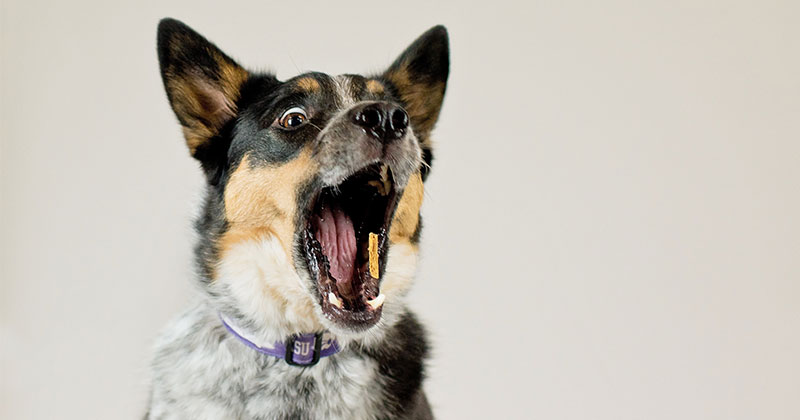
Proper nutrition is essential for ensuring your pet's longevity and quality of life. Understanding your pet's nutritional needs and providing a balanced diet can help them thrive and enjoy a happy and healthy life.
Just as with humans, pets have unique nutritional requirements. Factors such as species, breed, age, size, activity level, and underlying health conditions should be taken into consideration when deciding on the best food for your pet.
At Omaha Vets Group, our veterinarians can help you determine what is right for your pet. Our hospitals carry and recommend a variety of quality foods from companies we know do extensive nutritional research on their foods and formulas. They include:
Proper nutrition is essential for ensuring your pet's longevity, vitality, and quality of life. By understanding your pet's unique nutritional needs and providing a balanced diet, you can help them thrive and enjoy a happy and healthy life by your side.
Key Nutrients
A balanced pet diet should include essential nutrients such as proteins, carbohydrates, fats, vitamins, minerals, and water. Proteins are crucial for muscle development and repair, while carbohydrates provide energy. Healthy fats support skin and coat health, and vitamins and minerals are essential for overall metabolic function.
Special Dietary Considerations
Some pets may have specific dietary requirements due to health conditions such as food allergies, obesity, diabetes, kidney disease, or gastrointestinal issues. We may recommend a specialized diet or dietary supplements to manage the condition and promote better health outcomes.
Avoiding Harmful Foods
Certain human foods can be toxic or harmful to pets and should be avoided altogether. These include chocolate, grapes, onions, garlic, xylitol (an artificial sweetener), and foods high in salt or fat. Be mindful of potential dietary hazards and keep harmful foods out of reach of your pets.
Monitoring Your Pet's Health
Regular veterinary check-ups are crucial for monitoring your pet's overall health and nutritional status. During your pet’s exams, we weigh and assess your pet. Tracking your pet’s body condition regularly helps us recognize issues to recommend appropriate dietary adjustments and address any nutritional concerns or health issues.
Before starting your pet on a new diet, consult with your veterinarian. They can provide personalized dietary recommendations and guidance on the best nutrition for your pet.
If you have any questions about what you’re feeding your pet, contact one of our veterinary hospitals for a nutritional consult!
If you’d like to contact us, call us at (402) 704-7304 or request an appointment online.
Follow us on social media:








